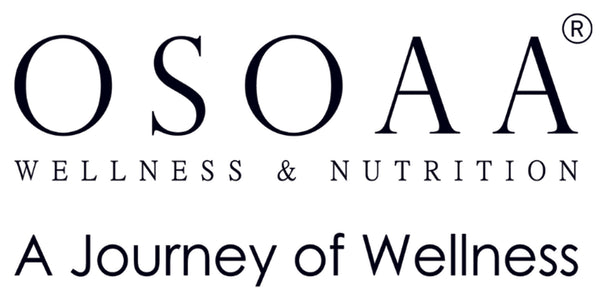Making wise decisions regarding the supplements you take is crucial in the fast-paced world of health and fitness. Reading the labels on protein products is one of the most important phases of this procedure. Knowing what's in your protein supplement can have a big impact on your fitness journey, from weight loss to muscle growth. This blog discusses the importance of reading labels, what to look for, and how Food Pharmer's #LabelPadhegaIndia campaign is raising awareness of label literacy in India.
The Importance of Reading Protein Labels
1. Accurate Nutritional Information: It's important to organize your diet by using the accurate nutritional information that may be found on protein labels. Every kind of protein, including whey, casein, soy, and pea, has a different nutritional profile that can affect the foods you choose to eat. For instance, whey protein may be your preference if your goal is to grow muscle because of its high leucine content, which is essential for the synthesis of muscle protein.
2. Finding Hidden components: Artificial sweeteners, preservatives, and fillers are just a few examples of the hidden components included in many protein supplements. You may steer clear of these needless substances that could jeopardize your health objectives by carefully reading the labels. Choosing products with minimal and natural ingredients and clean labels can help you make sure your body is getting the greatest nutrients possible.
3. Allergen Awareness: It's critical to read labels if you have a food allergy or intolerance. Protein powders frequently include common allergies such as gluten, dairy, and soy. By recognizing these on the label, you can select a product that complies with your dietary requirements and prevent negative responses.
4. Serving Size and Dose Accuracy: You can more successfully control your protein intake if you are aware of the serving size and suggested dosage that are specified on protein labels. This guarantees that you don't overeat, which could result in gastrointestinal problems or unneeded calorie intake, and that you only consume the appropriate quantity to support your fitness goals.
5. Protein Source Identification: Labels assist you in determining the protein's source. For example, whey protein is easily absorbed and comes from milk, which makes it perfect for recovery after exercise. On the other hand, people who are lactose intolerant or follow a vegan diet can benefit from plant-based proteins like soy or pea.
Important Elements to Check on Protein Labels
1. Protein Amount per Serving:
Check the serving size of protein to be sure you're receiving enough. For the majority of protein powders, 20–30 grams is the standard amount per serving.
2. Ingredient List: A product with fewer ingredients and a shorter ingredient list is typically cleaner. Protein powders with a long list of unfamiliar compounds should be avoided; instead, look for ones that identify entire food ingredients.
3. Amino Acid Profile: All nine of the necessary amino acids are present in complete proteins. Particularly if you are utilizing the protein powder for muscle building and recuperation, find out if it offers a comprehensive amino acid profile.
4. Sugar and Sweeteners: Look for any artificial sweeteners or added sugars. Better than artificial sweeteners like aspartame or sucralose are natural sweeteners like stevia or monk fruit.
5. Fat and Carbohydrate level: If you're trying to lose weight, in particular, you may choose a protein powder with a low fat and carbohydrate level, depending on your dietary objectives.
Food Pharmer's #LabelPadhegaIndia campaign is a potent effort to inform people about the significance of reading food labels. This movement promotes transparency and responsibility from food makers and pushes consumers to become more knowledgeable about the items they buy. Through promoting label reading knowledge, #LabelPadhegaIndia gives customers the power to make better decisions based on information and health.
In summary
A basic habit for anyone who is concerned about their health and fitness is reading the labels on protein products. You may make selections that will help you reach your fitness objectives by knowing the product's nutritional value, looking for hidden ingredients, and making sure it satisfies your dietary requirements. The #LabelPadhegaIndia campaign, which promotes increased label literacy throughout India, highlights the significance of this practice. Read the label the next time you purchase a protein supplement; it's a simple action that can have a major impact on your fitness goals.

